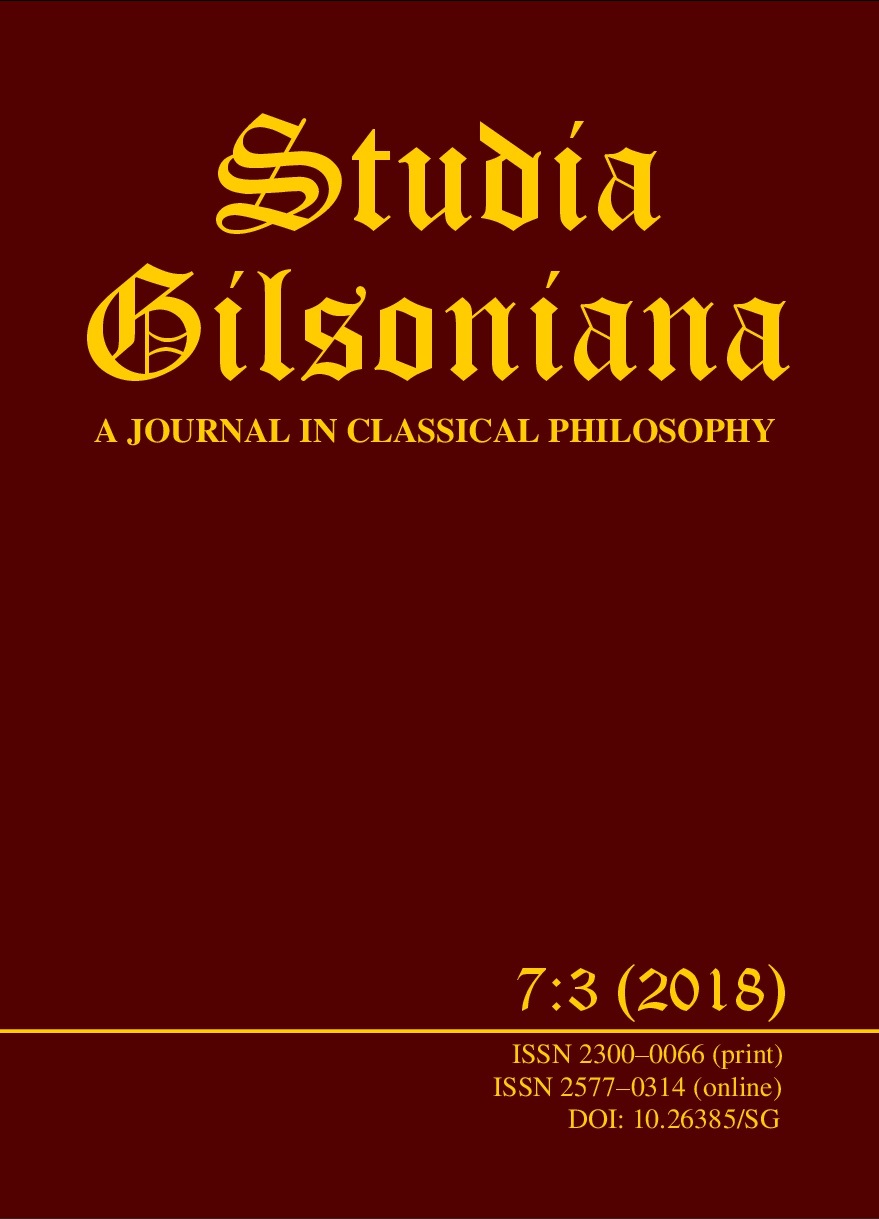Penitential Method as Phenomenological: The Penitential Epoche
Penitential Method as Phenomenological: The Penitential Epoche
Author(s): Daniel C. WagnerSubject(s): History of Philosophy, Philosophical Traditions, Special Branches of Philosophy
Published by: International Étienne Gilson Society
Keywords: Thomism; phenomenology; Thomistic personalism; Edmund Husserl; realism; idealism; epoche; consciousness; conscience; penitence; penance; contrition; will; sin; belief; truth; knowledge; grace;
Summary/Abstract: Synthesizing Thomism and phenomenology, this paper compares the kind of reflective thinking and willing that goes on in penitential acts to Edmund Husserl’s method of the phenomenological ἐποχή (epoche). Analyzing penance up through the act of contrition, it first shows it to have three primary acts: (1) the examination of conscience, (2) the reordering of the will and (3) the resolve not to sin again in regret. After presenting this Thomistic conception of contrition in detail, it then focuses on the essence of Husserl’s ἐποχή as a method intended to “suspend” certain beliefs in order to discover the truth about knowledge. In conclusion, it shows that a particular form of the ἐποχή—a penitential ἐποχή—must be employed in these three penitential acts so that a disposition of grace may be made present in the penitent.
Journal: Studia Gilsoniana
- Issue Year: 7/2018
- Issue No: 3
- Page Range: 487-518
- Page Count: 32
- Language: English

